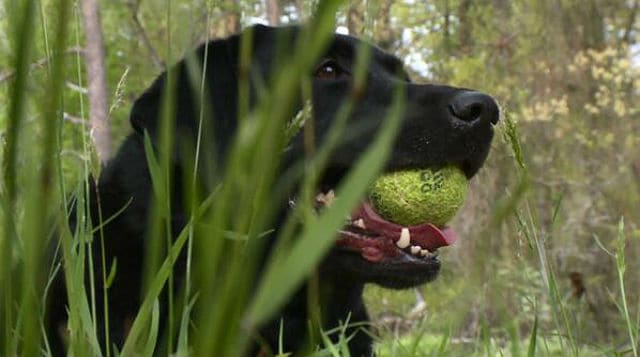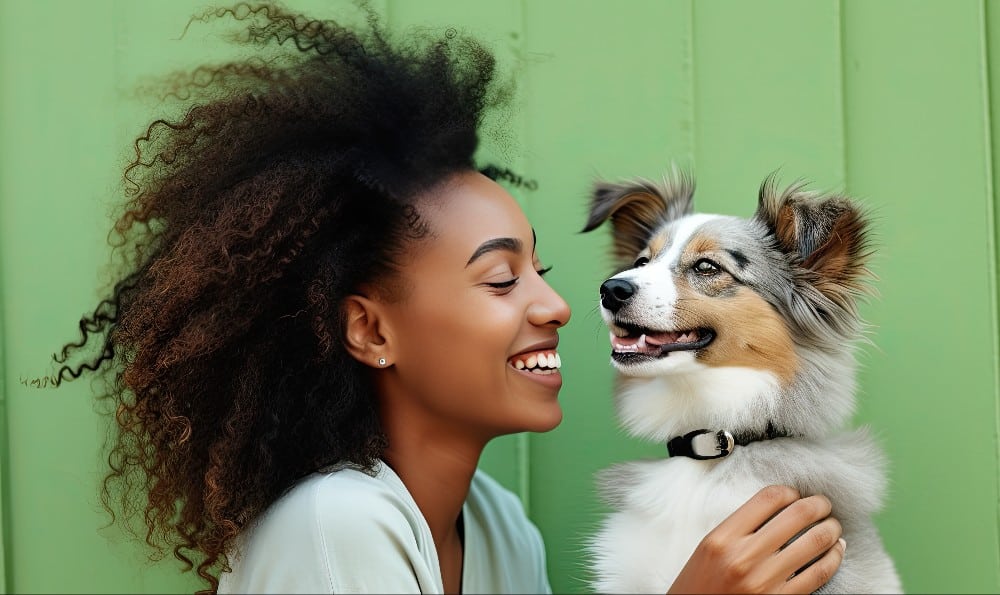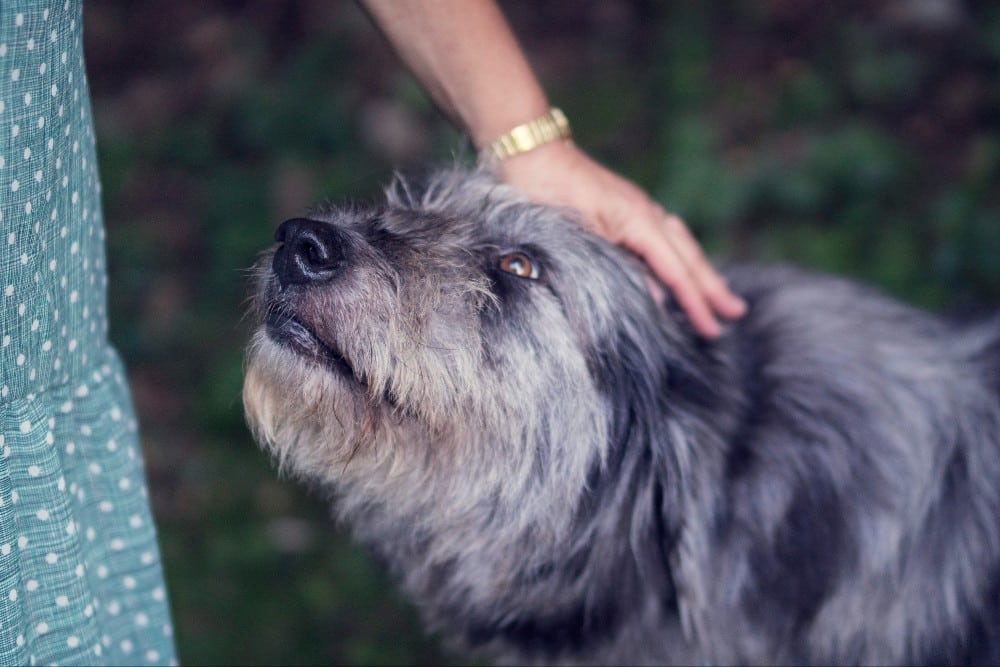Dogs’ noses have helped sniff out drugs, bombs and even human poop. And now one pooch’s snout is being used to help save bees.
Named Klinker the black Labrador, is the only certified dog in the U.S. that is trained to detect a bacteria that is killing the bee population.
Known as American foulbrood, the USDA says this bacteria is the most dangerous and widespread among the honeybee diseases.
Related: Dogs Noses Now Used to Sniff Out Human Poop in Water
Often, the farmers detect the bacteria too late, forcing them to kill the affected bees to stop further spreading.
But Klinker is able to sniff out the bacteria before it gets to the point where destruction of colonies is necessary. And in one day’s work, Klinker is able to inspect up to 1,000 bee colonies. This not only helps bees from dying (an insect that has serious implications in our ecosystem), but it helps save money, too. No longer do farmers need to invest in destroying bees, but rather in helping them thrive – something we need desperately. According to Greenpeace, the bee population has shrunk by 40 percent since 2006.
Let’s hope there are more Klinkers entering the bee-saving field soon. Here is a video of her in action:
Related: Could Your Dog Use a Nose Job?
Image via Twitter



















